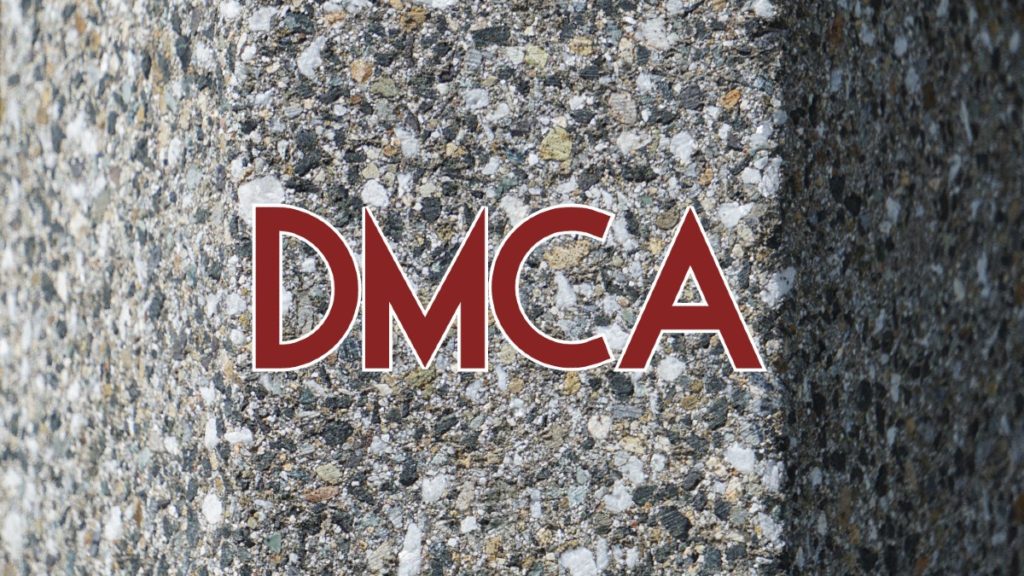An Uber driver murdered plaintiff’s son. So plaintiff – the Uber user’s mom – sued Uber for wrongful death. The lower court threw out the case, saying that the Uber terms and conditions required the matter to go to arbitration. Plaintiff sought review with the Georgia Court of Appeals. On review, the court reversed and sent the case back to the lower court.
The appellate court found that it was improper to dismiss the case because it was not clear that plaintiff’s son – the one killed by the Uber driver – actually agreed to the Uber terms and conditions that contained the provision requiring arbitration.
First, there was a dispute as to whether he even saw the link to the terms and conditions when he signed up for Uber in 2016. That’s because he was using an Android phone, and plaintiff alleged the on-screen keyboard within the app may have covered up the link to the terms and conditions.
Second, the court noted that even though Uber submitted evidence it emailed updated terms and conditions to plaintiff’s son, and that he continued using Uber thereafter (thereby binding him to the terms), it was unclear that the email was ever sent to plaintiff’s son. If the customer never saw those terms, they would not apply, and therefore arbitration would not be proper.
Thornton v. Uber Technologies, Inc., 2021 WL 1960199 (Ct. App. Ga. May 17, 2021)







